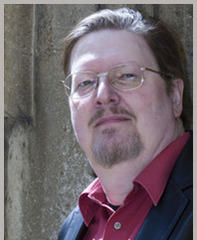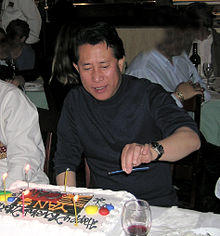Fling Quotes
Henry Miller (1969). “The Books in My Life”, p.120, New Directions Publishing
Joel Chandler Harris, Richard Chase (1983). “The Complete Tales of Uncle Remus”, p.12, Houghton Mifflin Harcourt
Song: Lush Life
An apt quotation is like a lamp which flings its light over the whole sentence.
Letitia Elizabeth Landon (1852). “Romance and reality”, p.70
Harvey Mackay (1996). “Swim with the Sharks Without Being Eaten Alive: Outsell, Outmanage, Outmotivate, & Outnegotiate Your Competition”, Ballantine Books
No hoary falsehood shall be a truth to me; no stifling dogma shall encramp my pen!
"The Satanic Bible". Book by Anton Szandor LaVey, 1969.
In dinner talk it is perhaps allowable to fling any faggot rather than let the fire go out.
James M. Barrie (2013). “Tommy And Grizel (Annotated Edition)”, p.32, Jazzybee Verlag
Mere imagination would indeed be mere trifling; only no imagination is mere .
Charles Sanders Peirce (1974). “Collected Papers of Charles Sanders Peirce”, Harvard University Press
"A Short History of Decay". Book by Emile M. Cioran, 1949.
Business is business, that is, you must do everything promptly; delay and shuffling won't do.
Swami Vivekananda (2015). “The Complete Works of Swami Vivekananda”, p.2859, Manonmani Publishers
John Tillotson (1720). “The Works of the Most Reverend Dr. John Tillotson, Late Lord Archbishop of Canterbury: Containing Fifty Four Sermons and Discourses on Several Occasions. Together with the Rule of Faith”, p.37
Poetry is a shuffling of boxes of illusions buckled with a strap of facts.
Carl Sandburg (2003). “The Complete Poems of Carl Sandburg”, p.319, Houghton Mifflin Harcourt
Arthur Eddington (2012). “The Nature of the Physical World: Gifford Lectures (1927)”, p.64, Cambridge University Press







